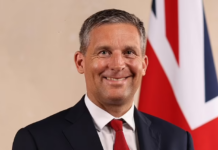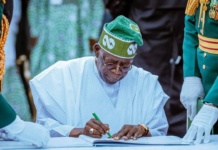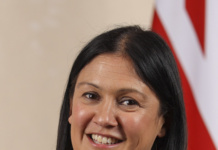Power supply to ease Ghana’s administrative and legislative processes may have taken a negative toll on Ghana’s ruling houses: The Presidency, Flagstaff House and its law-making chambers as efforts are geared towards dependence on solar energy as a source of power.
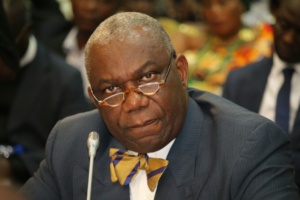
Reports from Starfm quote the Energy Minister, Boakye Agyarko, as confirming the move saying it was the right signal to the rest of the nation. His comments follow the ratification of a framework agreement on renewable energy by the government.
“It makes a lot of sense that in order to utilize our solar and produce the necessary demonstration effect for the rest of the country, that significant buildings adopt solar.
“So the Ministry of energy building, the Parliament House of Ghana and Jubilee House must all go solar to send the right signal to the rest of the nation that the government is behind it and that is the proper thing to do.”
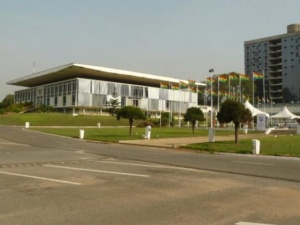
Under the energy agreement a 400 megawatt solar plant would be established in the country. Ghana became the 14th country in the tropics to ratify the agreement.
It qualifies the country for a $10 billion facility towards development and promotion of renewable energy.
Despite being a regional and continental economic giant, rampant power disruptions in recent years threatened lots of businesses. The country has long depended on hydro-electric energy from its biggest power facility, the Akosombo Dam.
The power distributor, the Electricity Company of Ghana (ECG) has also been indicted over failure to collect power bills. An investigative piece by the country’s biggest undercover journalist revealed damning findings against the ECG.
Anas Aremeyaw Anas’s work titled ‘President’s Assignment – Stealing the People’s Power,’ published in 2012 did a thorough probe into the ailing power sector.
At the time of the release of the three-part documentary, Anas and his Tiger Eye team exposed multinationals and individuals who had piled up debts with the ECG. Among others, the presidency and most government institutions all owed the ECG.
In contrast however, in a Report by PV-Tech on 21/6/2016, World billionaire philanthropist, Bill Gates, known for his sundry charitable works in Africa believes that the use of solar energy is not a source of solving Africa’s problems. “He argued that whilst “cheap, clean energy” is what Africa needs, solar does not fit the bill.”
During the delivery of his Nelson Mandela Annual Lecture at the time, the Microsoft founder, identified that Africa, like the rest of the world, is in need of a “breakthrough energy miracle that provides cheap, clean energy for everyone.”
Africa is more dependent on such a phenomenon than other continents, because seven in ten Africans still lack power at present, while more than 500 million Africans still will not have electricity by 2040.
This is not the first time Gates has taken a less than welcoming stance to solar power. In February, 2016, during an interview with a news outlet, he had echoed a similar thought. “When I say ‘an energy miracle’,” he said, “I mean that there will be some form of energy whose 24-hour cost really is competitive with hydrocarbons given, say, 20 years of learning curve.
“You invent it, then you look at how much its costs go down over the next 20 years, that it really beats hydrocarbons.
“You might say, well, aren’t people saying that about wind and solar today? Not really. Only in the super-narrow sense that the capital cost per output, when the wind is blowing, is slightly lower.”
In fact, Gates has been advocating anti-solar sentiment for a while. In 2014, he blogged about energy poverty, arguing for outdated fossil fuel solutions to tackle the electricity deficit in underdeveloped economies, characterising energy poverty as a climate issue.
“There has been a lot of experimentation with small-scale renewable energy, including micro solar,” he said. “This approach can provide individuals with some electricity for basic purposes, but it’s not going to be the solution for the continent as a whole.”
Kindly follow us on twitter:@AfricanVoice2




